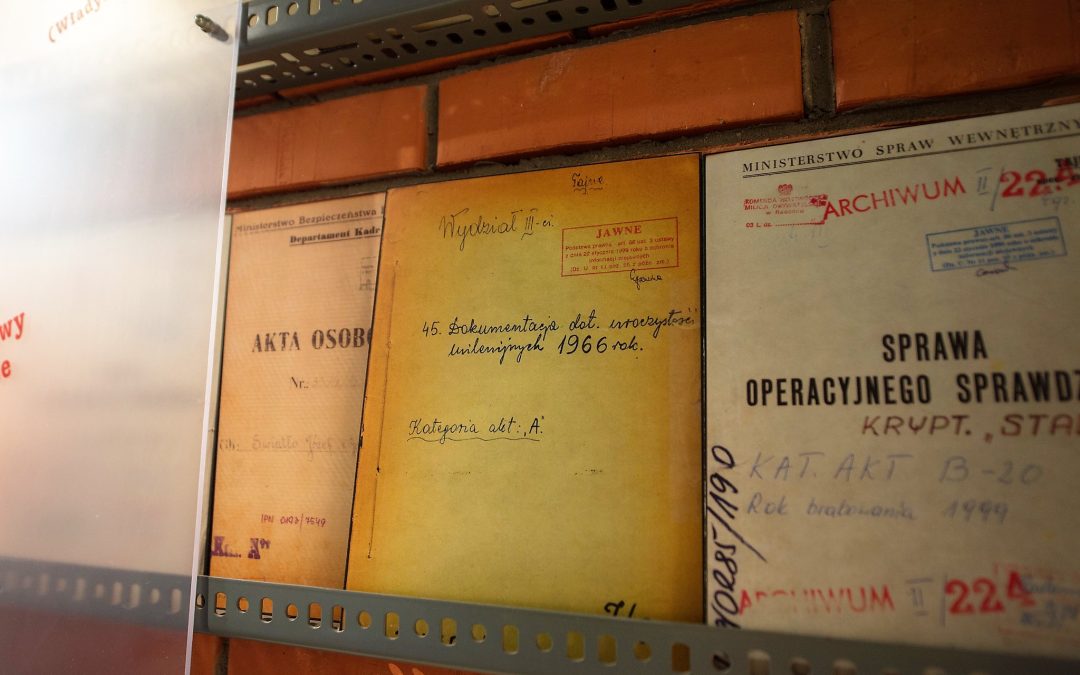Poland’s state historical body, the Institute of National Remembrance (IPN), which has prosecutorial powers, says that it is preparing to resume investigations into the deaths of priests who died in suspicious circumstances in the communist era.
“Further analyses of the cases of priests murdered in the 1980s and of anti-communist opposition activists from several cities are underway,” the IPN’s president, Karol Nawrocki, told public broadcaster Polskie Radio, adding that he hopes the official resumption of investigations will be announced soon.
While he said that there were many cases of unexplained deaths waiting to be re-examined by prosecutors, Nawrocki named three priests – all associated with the anti-communist opposition and who all died in 1989 – as being cases he had personally questioned himself.
Nazwać zbrodnie po imieniu i ukarać odpowiedzialnych za ich dokonanie. Prokuratorzy @ipngovpl podejmują sprawy niewyjaśnionych zbrodni komunistycznych z lat 80. ⬇️ https://t.co/6YRM8HkBdt
— Rafał Leśkiewicz (@LeskiewiczRafa) June 25, 2022
One of them, Stanisław Suchowolec, a priest associated with the Solidarity movement, was officially designated a victim of accidental carbon monoxide poisoning. However, after the fall of communism prosecutors found that his death had in fact been deliberately caused, but they did not identify any suspects.
Sylwester Zych, a priest who had previously been imprisoned for his anti-communist activities, was found dead at a bus stop with various injuries on his body. Communist propaganda portrayed him as an alcoholic who had died after a night of heavy drinking, and prosecutors discontinued their investigation into his death in 1993.
The third priest, Stefan Niedzielak, had been a prominent figure in commemorating the Katyn massacre of Polish officers by the Soviets. His death in 1989 was officially found to be an accident, but it is believed that he was deliberately killed by the security services, who had previously threatened him.
“I hope we will be able to announce the resumption of investigations that arouse my historical doubts,” said Nawrocki. “These are investigations which in my view were not explained in the way they should have been.”
“Of course, the perspective of the historian is quite different from that of the prosecutors,” he added. “This is not an attempt to calibrate my historical view to prosecutorial or legal needs, but some doubts make me go back to unexplored matters.”
A spokesman for the IPN, Rafał Leśkiewicz, told the Niezależna news service that, while it is currently difficult to estimate when the first conclusions of the invstigations will be made available, it is most likely a matter of several months.
The spokesman also admitted, however, that “at this stage, it is difficult to say whether anything at all will be achieved in this matter”. But “undoubtedly one should at least try”.
Main photo credit: Mazur/catholicnews.org.uk (under CC BY-NC-ND 2.0)

Alicja Ptak is deputy editor-in-chief of Notes from Poland and a multimedia journalist. She has written for Clean Energy Wire and The Times, and she hosts her own podcast, The Warsaw Wire, on Poland’s economy and energy sector. She previously worked for Reuters.




















